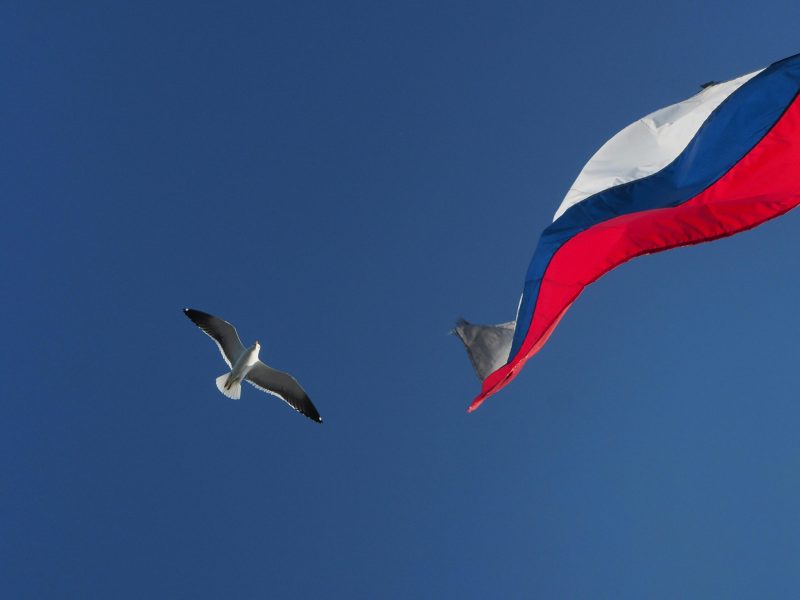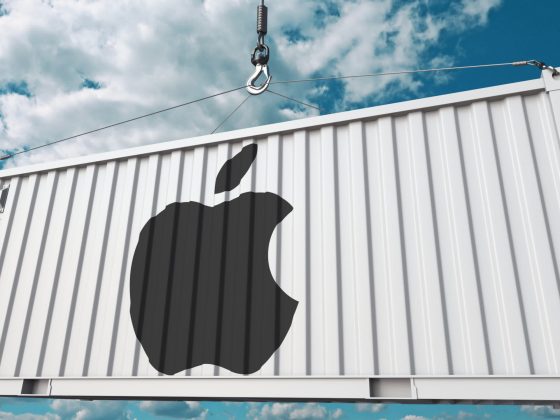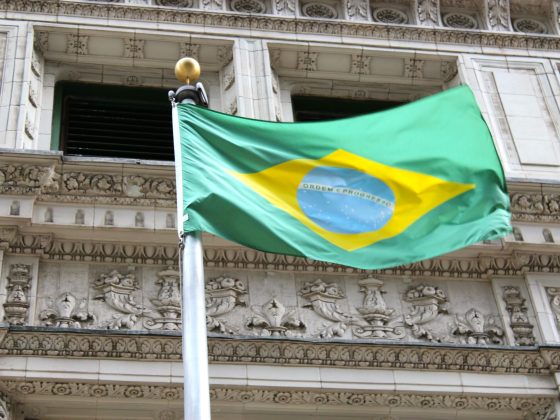Russia’s economy is in trouble with no signs of easing on the horizon.
Inflation remains hot, interest rates hit record highs, and war-related spending stretches resources thin.
Even Vladimir Putin himself recently admitted that Russia’s economy is overheating and inflation is alarming for the country.
Russia’s central bank, tasked with taming inflation and stabilizing the ruble, has raised interest rates aggressively since mid-2024.
However, their goal is far from target and the risks of sinking the nation’s economy deeper into trouble continue to increase.
How hot is Russia’s inflation?
Inflation in Russia reached 9.5% in December 2024, far above the central bank’s 4% target.
Prices of everyday goods have surged, with food inflation reaching 10.93%.
Vegetables alone are 24% more expensive than a year ago, according to Russia’s Economy Ministry.
Consumer inflation expectations have climbed to 13.9%, the highest in a year, reflecting declining public trust in price stability.
Meanwhile, the ruble has lost over 20% of its value since summer, now trading at more than 100 per dollar.
Western sanctions targeting energy exports and key financial channels, including Gazprombank, have compounded the ruble’s decline.
Sanctioned trade routes have become costlier, fueling inflation further.
Interest rates in Russia at record levels
The Bank of Russia raised its benchmark interest rate to 21% in October, the highest since the immediate aftermath of the Ukraine invasion in 2022.
Policymakers have stated their readiness to increase rates further if inflation pressures persist.
Surprisingly, however, their latest decision was to pause their rate hiking cycle in December, a move that surprised most analysts.
This decision, influenced by political pressure, left rates unchanged despite earlier expectations of a hike to 24% or higher.
Higher borrowing costs have hit businesses and households hard.
Renting a one-bedroom apartment in Moscow now consumes nearly 74% of the average salary, compared to 63% two years ago, according to RBC Real Estate data.
Mortgage lending has slowed significantly, and subsidized loans have been halted.
War spending overheating the Russian economy
Russia’s war-driven economy is overheating, with demand far exceeding supply.
Defense manufacturers operate around the clock, hiring workers at premium wages.
Some salaries have risen by 45% this year, according to job site Headhunter.
This labor market strain has left civilian industries struggling to fill positions, further stalling productivity.
Government spending on defense has also distorted the economy.
While it supports jobs and output in the short term, it fails to generate sustainable growth or innovation.
Deputy Prime Minister Alexander Novak recently stated that Russia faces a shortage of 1.5 million skilled workers, particularly in construction, transport, and utilities.
Ukraine is leading the economic war
Ukraine’s economy, though battered by war, is proving more adaptable than Russia’s.
The National Bank of Ukraine forecasts GDP growth of 4% in 2024 and 4.3% in 2025, rebounding from a sharp 30% contraction in 2022.
Inflation is stable, and the hryvnia has maintained its value, supported by strong foreign reserves projected to reach $43 billion by year-end.
Interest rates remain stable at 13.5%.
Key sectors have shifted gears. Industrial parks relocated to western Ukraine offer safer operational bases.
Businesses have invested in renewable energy and biogas to counter Russian attacks on the grid.
Additionally, Ukraine’s innovative use of maritime drones allowed the reopening of grain and metal exports, a crucial source of foreign currency.
International aid has been another critical factor. The IMF and G7 pledged substantial financial support, covering Ukraine’s projected 20% budget deficit in 2025.
Ukraine’s foreign exchange reserves are expected to reach $43 billion by the end of 2024, providing a buffer against further shocks.
What’s next for Russia’s GDP?
Russia’s economic outlook is grim. The IMF forecasts GDP growth will decelerate from 3.6% in 2024 to just 1.3% in 2025.
Analysts warn that the central bank’s aggressive rate hikes could choke economic activity without significantly curbing inflation.
Many businesses are already struggling to secure affordable credit, raising fears of bankruptcies and a slowdown in investment.
Sanctions continue to weigh heavily on the economy, forcing importers and exporters to navigate costly workarounds.
The Bank of Russia’s acknowledgment that the economy is receiving “far more money than it can digest” underscores the risks of overheating.
Can the Russian war economy sustain itself?
President Vladimir Putin has expressed concerns about the overheating economy but remains committed to the war effort.
Critics within Russia, including influential oligarchs, have warned that the current trajectory is unsustainable.
Defense-sector hiring is pulling workers away from more productive industries, and high borrowing costs are stifling private-sector growth.
Some analysts believe worsening economic conditions could prompt the Kremlin to reassess its strategy.
A former senior Russian official pointed out parallels to the Soviet Union, which collapsed due to economic mismanagement and an arms race.
They suggested that Putin might consider ending the war to prevent further economic decline.
Russia’s war-driven economy may be able to sustain itself for a few more years, but the cracks are becoming harder to ignore.
Inflation, labor shortages, and structural inefficiencies are eroding growth, and the central bank’s tools are losing effectiveness.
The question is not whether the Russian economy can hold out but for how long.
The post Is Russia’s economy too fragile to sustain its war efforts? appeared first on Invezz


